Human rights violations and gender-based discrimination in Syria date long before the 2011 revolution. They have been associated with discriminatory laws, the country’s entrenched patriarchal culture, and exclusionary politics that oppress marginalised groups or individuals.
While the 2011 uprising brought hope for change, the persistent armed violence and repressive tactics used to suppress it, and the armed conflict that followed, have had grave and disproportionate gendered impacts. Syrian women have steadily lost their security, homes, livelihoods, family members, and social status. Moreover, in a clear absence of gender justice, the country is seeing growing rates of domestic violence and sexual harassment, and the use of sexual violence as a systemic tool of war against women and human rights defenders. The crisis is further compounded by the absence of institutionalised mechanisms to ensure the protection of women and vulnerable groups, as well as very limited representation of women in Syrian institutions and media.
Within this challenging setting, WILPF is working closely with Syrian partners towards a feminist, peaceful, and just solution to the ongoing conflict. Together, we support the non-violent grassroots movement for equality, freedom, and justice, promote the inclusion and security of women peace builders and their fair portrayal in the media, and leverage feminist perspectives on peace and security.

Launched in 2017, the “Feminist Movement for Change in Syria” project supports the work of Syrian organisations with feminist values and agendas through three main pillars: flexible funding, tailored technical support, and strengthened coordination and networking. This approach has been designed and developed through a locally-informed participatory process and operates at the grassroots, national, regional, and international levels.
WILPF believes that at the heart of powerful feminist movements are strong and sustainable organisations. When organisations have the space and freedom to further their own feminist agendas, build their capacities, and coordinate and network with like-minded organisations, movements can grow, strengthen, and work more effectively towards achieving feminist peace.
Take a look at the impact WILPF is helping to create through the power of partnership in Syria.
Read our learning paper documenting the Feminist Resourcing Approach, implemented through the Feminist Movement for Change in Syria project.
In commemoration of the first anniversary of the devastating February 2023 earthquakes in northern Syria and southern Turkey, WILPF launched the “Beyond Survival” project. This initiative delves into the complex interplay between gender, conflict, and natural disasters through a gender-sensitive feminist analysis, drawing from invaluable insights and real-life experiences of Syrian women who survived the earthquakes.
The project is grounded in a comprehensive feminist analysis: “Now is not the time for you or your needs”: A Feminist Intersectional Analysis of the 2023 Earthquakes in Syria and Turkey,” which offers a critical analysis of how the disaster intertwined with the complexities of gender, politics, and conflict. Additionally, WILPF produced a docuseries documenting the harrowing yet inspiring stories of Syrian women, sharing their survival experiences and pivotal roles in disaster response.
We continue our advocacy and campaigning efforts to redefine disaster management through the perspectives of Syrian women, whose experiences challenge and transform traditional approaches to disaster response and recovery. This includes a dynamic screening and panel on the sidelines of CSW68, where Syrian women leaders discussed their experiences and the impact of the earthquakes.
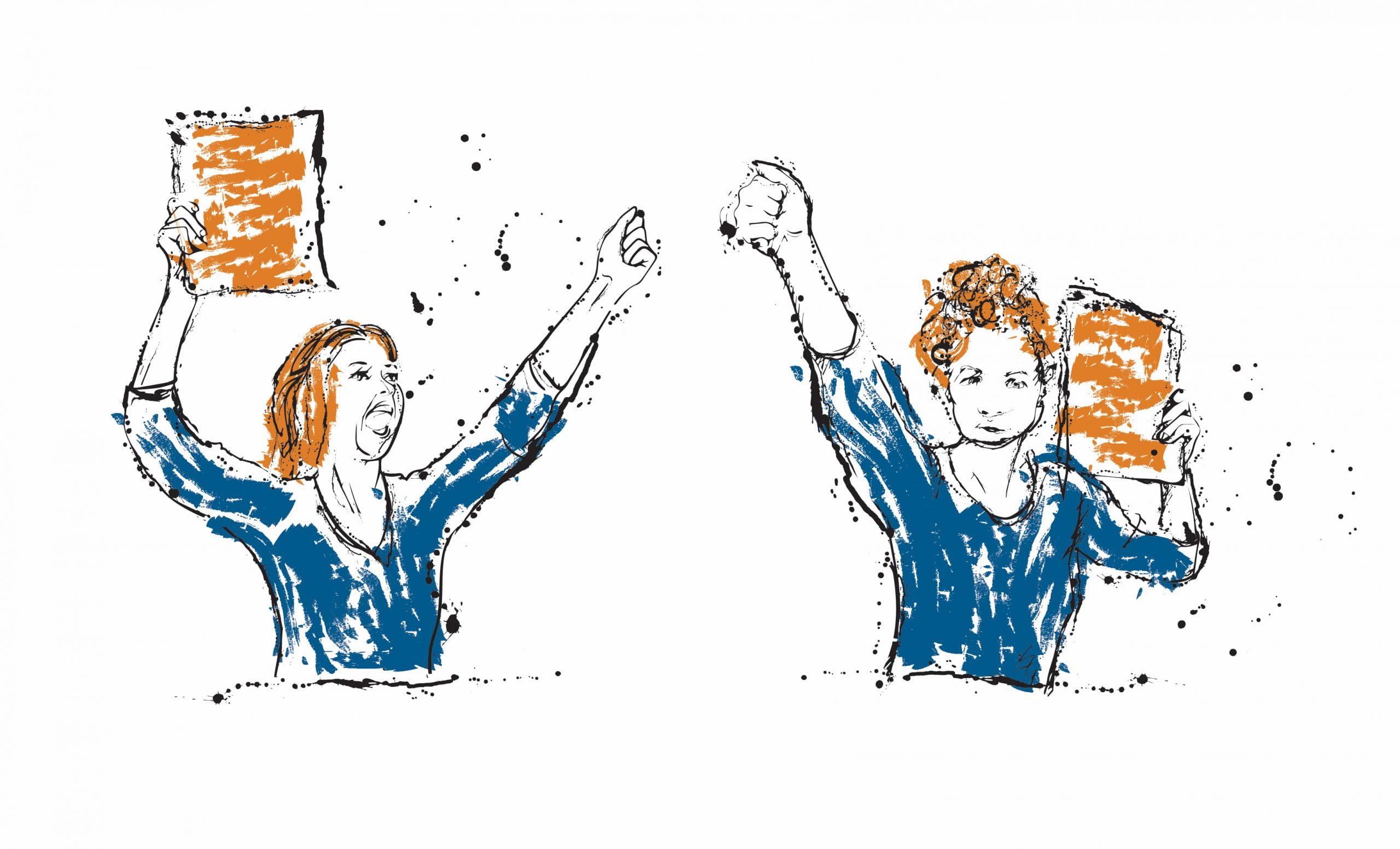
The discourse and work around justice and accountability in Syria has been mainly dominated by men, with women’s engagement being merely tokenistic. As a result, the impacts of the conflict on women are often under-analysed and, when discussed, primarily focus on gender-based and sexual violence. At the same time, examinations of justice-related issues typically represent women as victims while engaging men as experts. While many women-led groups engage with women and communities on issues of justice, their knowledge and expertise are often undervalued and underrepresented in these discussions.
Learn more about gender-sensitive transitional justice in Syria in our policy briefs: Sexual Violence by Force of Arms Against Women in Syria, The Human Rights of Women in Syrial; Reclaiming Public Spaces: Syrian Feminist Narratives and Approaches to Political Participation.
WILPF seeks to provide an alternative look at a justice process that is gender-sensitive and specifically tailored to the needs and priorities of Syrian women – one that involves women as active agents, thus breaking the narrative that reduces them to mere victims.
In collaboration with Dawlaty, a Syrian civil society organisation, WILPF designed a project to amplify the voices of women and ensure they are included as an integral part of transitional justice processes
Through this project, WILPF and Dawlaty have been supporting women-led and feminist civil society organisations working with women in Syria and in neighbouring countries to meaningfully participate in designing, implementing, and monitoring processes and decisions, at both the policy-making and community levels.










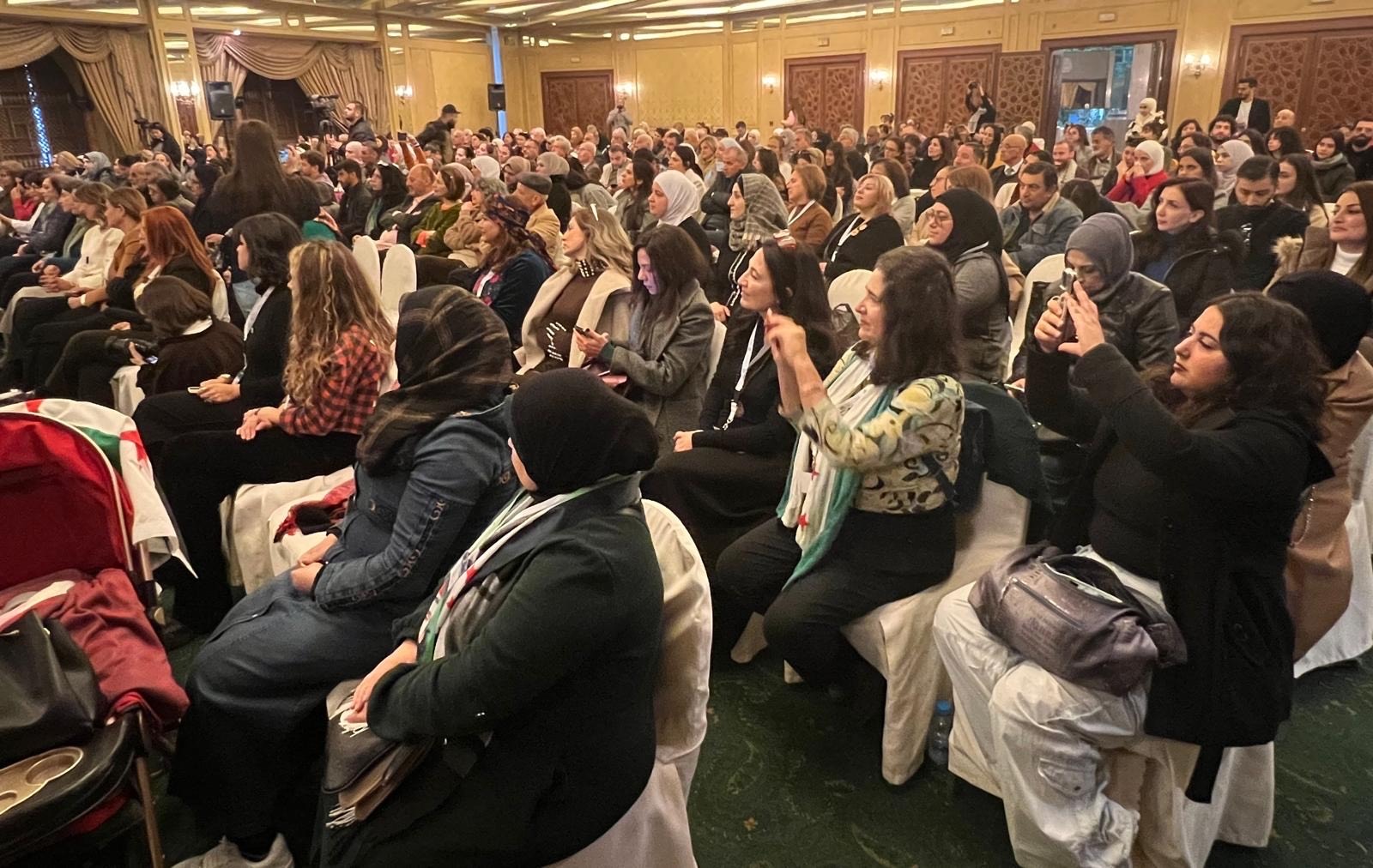



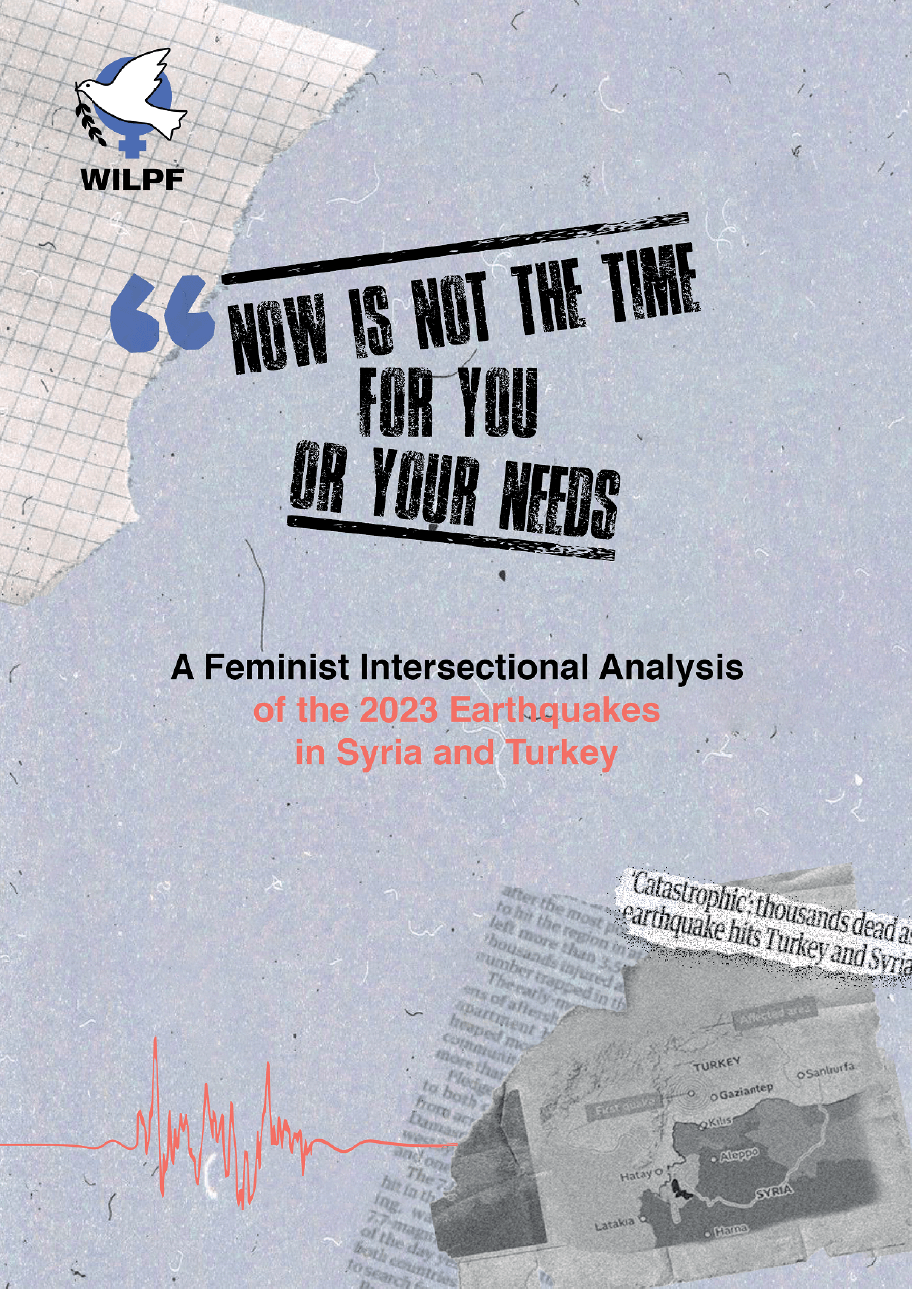









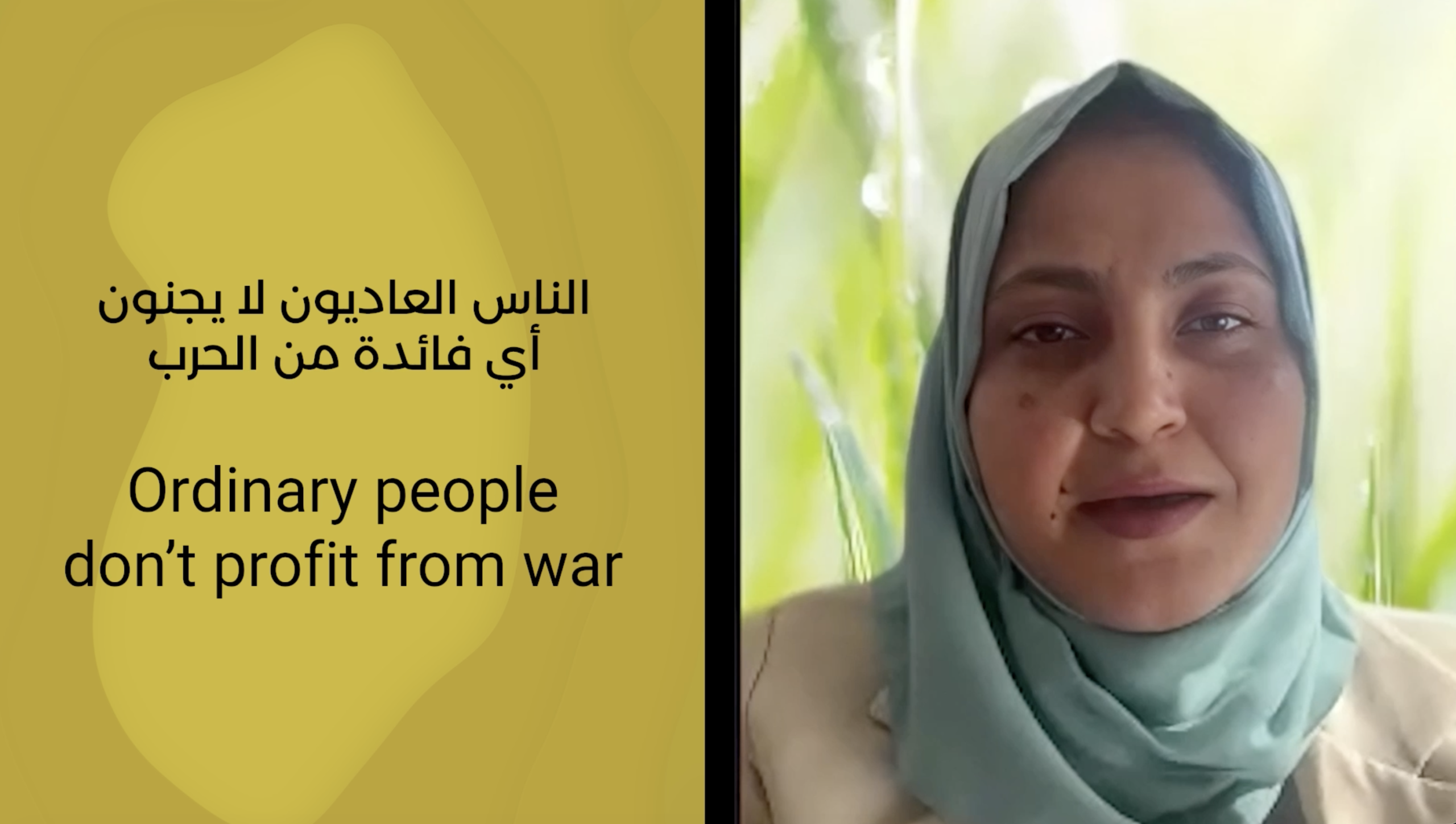





















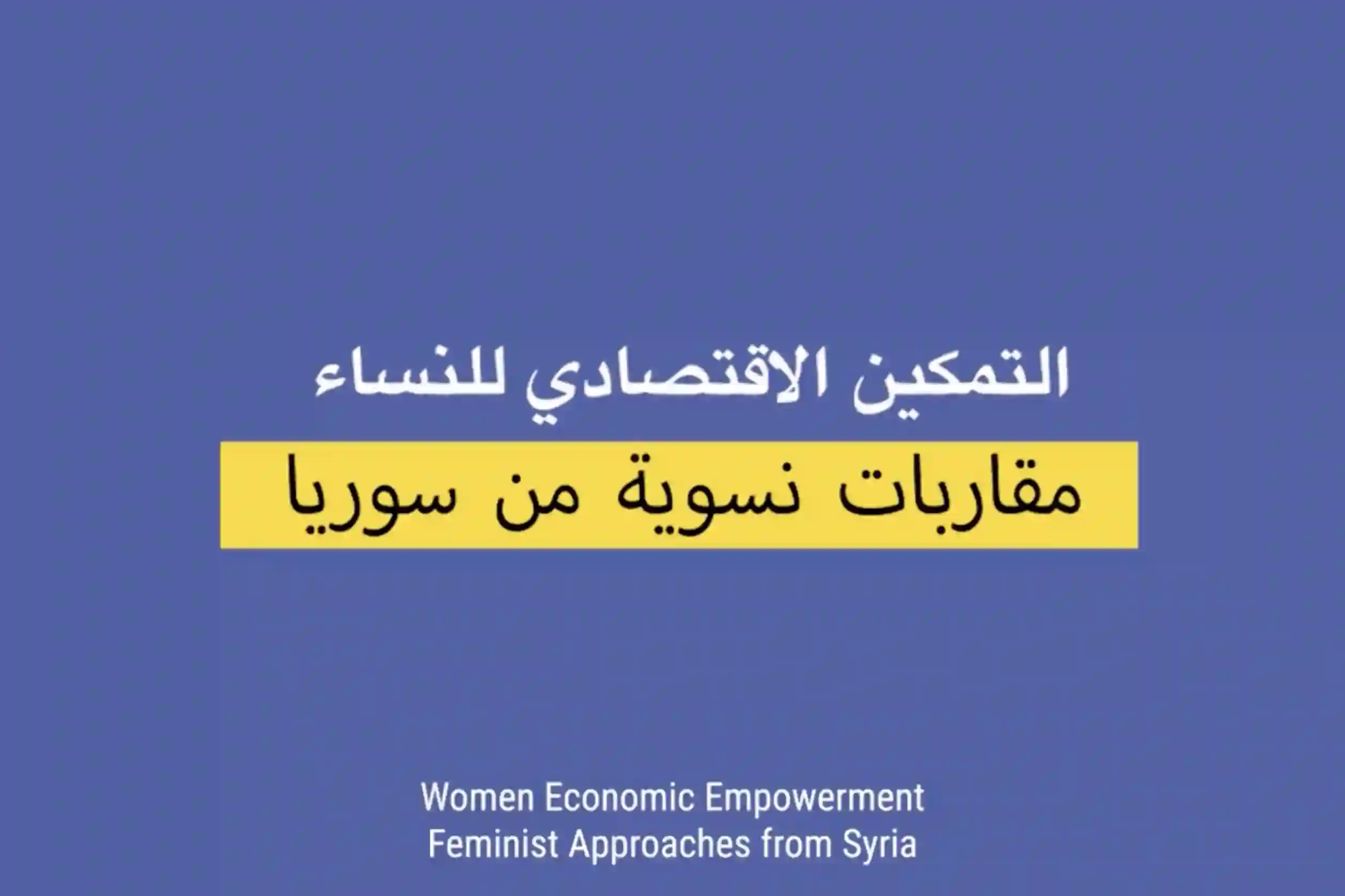













Matt Mahmoudi (he/him) is a lecturer, researcher, and organizer. He’s been leading the “Ban the Scan” campaign, Amnesty International’s research and advocacy efforts on banning facial recognition technologies and exposing their uses against racialized communities, from New York City to the occupied Palestinian territories.

Berit Aasen is a sociologist by training and has worked at the OsloMet Metropolitan University on Oslo. She has 40 years of experience in research and consultancy in development studies, including women, peace, and security, and in later years in asylum and refugee studies. Berit Aasen joined WILPF Norway five years ago. She is an alternate member of the National Board of WILPF Norway, and representing WILPF Norway in the UN Association of Norway, the Norwegian 1325 network and the Norwegian Women’s Lobby. Berit Aasen has been active in the WILPF European Liaison group and is committed to strengthening WILPF sections and membership both in Europe and relations across continents.

Your donation isn’t just a financial transaction; it’s a step toward a more compassionate and equitable world. With your support, we’re poised to achieve lasting change that echoes through generations. Thank you!

Prior to being elected Vice-President, Melissa Torres was the WILPF US International Board Member from 2015 to 2018. Melissa joined WILPF in 2011 when she was selected as a Delegate to the Commission on the Status of Women as part of the WILPF US’ Practicum in Advocacy Programme at the United Nations, which she later led. She holds a PhD in Social Work and is a professor and Global Health Scholar at Baylor College of Medicine and research lead at BCM Anti-Human Trafficking Program. Of Mexican descent and a native of the US/Mexico border, Melissa is mostly concerned with the protection of displaced Latinxs in the Americas. Her work includes training, research, and service provision with the American Red Cross, the National Human Trafficking Training and Technical Assistance Centre, and refugee resettlement programs in the U.S. Some of her goals as Vice-President are to highlight intersectionality and increase diversity by fostering inclusive spaces for mentorship and leadership. She also contributes to WILPF’s emerging work on the topic of displacement and migration.

Jamila Afghani is the President of WILPF Afghanistan which she started in 2015. She is also an active member and founder of several organisations including the Noor Educational and Capacity Development Organisation (NECDO). Elected in 2018 as South Asia Regional Representative to WILPF’s International Board, WILPF benefits from Jamila’s work experience in education, migration, gender, including gender-based violence and democratic governance in post-conflict and transitional countries.

Sylvie Jacqueline NDONGMO is a human rights and peace leader with over 27 years experience including ten within WILPF. She has a multi-disciplinary background with a track record of multiple socio-economic development projects implemented to improve policies, practices and peace-oriented actions. Sylvie is the founder of WILPF Cameroon and was the Section’s president until 2022. She co-coordinated the African Working Group before her election as Africa Representative to WILPF’s International Board in 2018. A teacher by profession and an African Union Trainer in peace support operations, Sylvie has extensive experience advocating for the political and social rights of women in Africa and worldwide.
In response to the takeover of Afghanistan by the Taliban and its targeted attacks on civil society members, WILPF Afghanistan issued several statements calling on the international community to stand in solidarity with Afghan people and ensure that their rights be upheld, including access to aid. The Section also published 100 Untold Stories of War and Peace, a compilation of true stories that highlight the effects of war and militarisation on the region.
Lorem ipsum dolor sit amet, consectetur adipiscing elit. Mauris facilisis luctus rhoncus. Praesent eget tellus sit amet enim consectetur condimentum et vel ante. Nulla facilisi. Suspendisse et nunc sem. Vivamus ullamcorper vestibulum neque, a interdum nisl accumsan ac. Cras ut condimentum turpis. Vestibulum ante ipsum primis in faucibus orci luctus et ultrices posuere cubilia curae; Curabitur efficitur gravida ipsum, quis ultricies erat iaculis pellentesque. Nulla congue iaculis feugiat. Suspendisse euismod congue ultricies. Sed blandit neque in libero ultricies aliquam. Donec euismod eget diam vitae vehicula. Fusce hendrerit purus leo. Aenean malesuada, ante eu aliquet mollis, diam erat suscipit eros, in.
WILPF uses feminist analysis to argue that militarisation is a counter-productive and ill-conceived response to establishing security in the world. The more society becomes militarised, the more violence and injustice are likely to grow locally and worldwide.
Sixteen states are believed to have supplied weapons to Afghanistan from 2001 to 2020 with the US supplying 74 % of weapons, followed by Russia. Much of this equipment was left behind by the US military and is being used to inflate Taliban’s arsenal. WILPF is calling for better oversight on arms movement, for compensating affected Afghan people and for an end to all militarised systems.
Mobilising men and boys around feminist peace has been one way of deconstructing and redefining masculinities. WILPF shares a feminist analysis on the links between militarism, masculinities, peace and security. We explore opportunities for strengthening activists’ action to build equal partnerships among women and men for gender equality.
WILPF has been working on challenging the prevailing notion of masculinity based on men’s physical and social superiority to, and dominance of, women in Afghanistan. It recognizes that these notions are not representative of all Afghan men, contrary to the publicly prevailing notion.
In WILPF’s view, any process towards establishing peace that has not been partly designed by women remains deficient. Beyond bringing perspectives that encapsulate the views of half of the society and unlike the men only designed processes, women’s true and meaningful participation allows the situation to improve.
In Afghanistan, WILPF has been demanding that women occupy the front seats at the negotiating tables. The experience of the past 20 has shown that women’s presence produces more sustainable solutions when they are empowered and enabled to play a role.